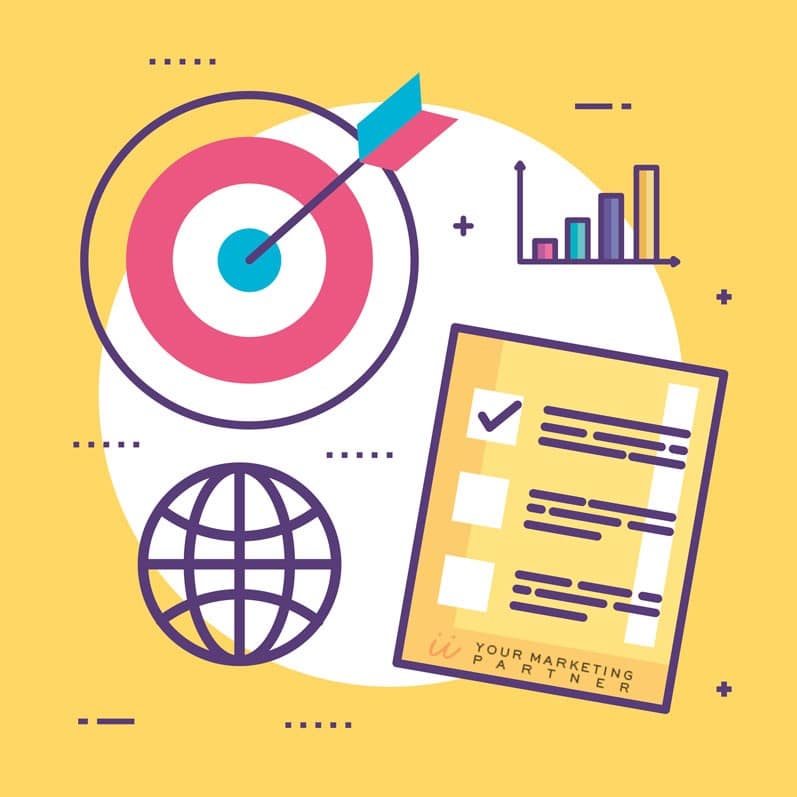In the world of marketing, there’s a phrase that often floats around – “fear sells.” But what does that really mean, and how does it play out in the world of advertisements and promotions? In this blog post, we’re going to dive into the fascinating world of fear-based marketing, explore how it works, and give you real-life examples that you’ve probably seen on TV, online, or even in your mailbox.
Understanding Fear-Based Marketing
Fear-based marketing is all about tapping into our emotions – specifically, our fears and anxieties. It’s no secret that fear is a powerful motivator. When we’re afraid of something, it’s hard to ignore. That’s why marketers have been using fear for ages to get our attention and drive us to take action.

Real-Life Examples
1. Insurance Companies: You’ve probably seen those insurance ads where they paint a grim picture of life without their coverage. Car accidents, health crises, and natural disasters – they show it all. Why? Because they want you to fear the unexpected and see their policies as a safety net.
2. Home Security: Home security companies are masters at making you feel vulnerable. Their ads often feature break-ins and burglars to make you fear for your safety and consider investing in their security systems.
3. Anti-Aging Products: Ever noticed those skincare ads with before-and-after photos of people’s wrinkles disappearing miraculously? They’re playing on our fear of aging and looking less attractive as we get older.
4. Car Safety: Car manufacturers use fear to sell their vehicles’ safety features. Crash test dummies and dramatic accident simulations remind us of the dangers of the road and make us want cars with top-notch safety technology.
5. Pharmaceuticals: Drug companies use fear to highlight health conditions. They want you to worry about the consequences of untreated diseases and see their medications as lifesaving solutions.
Why Does Fear Work?
Fear grabs our attention like nothing else. It’s primal. When we’re afraid, our brains focus intensely on the source of that fear. Marketers know this, and they use it to make their products or services seem like the solution to our fears.
Balancing Act
While fear can be a potent marketing tool, there’s a fine line between using it effectively and crossing into fearmongering territory. Responsible marketers strive to strike a balance between highlighting genuine concerns and offering real solutions without resorting to manipulation.
Conclusion
So, the next time you come across a gripping ad that tugs at your heartstrings or plays on your fears, remember that fear sells. But it’s up to you to decide whether you’ll let that fear drive your decisions. Smart consumers are aware of these tactics and make informed choices, weighing the pros and cons beyond the emotional appeal.
Fear-based marketing is just one tool in the marketer’s toolbox. Understanding how it works empowers you to be a savvy consumer, making choices based on your needs and priorities rather than your fears.

